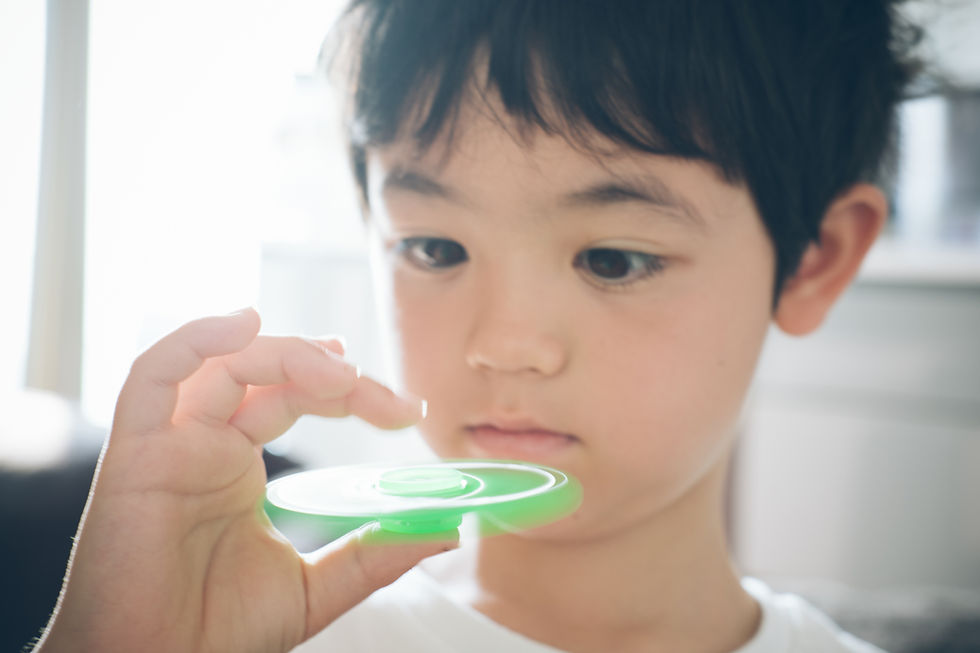"ADHD Unraveled: Understanding the Brain-Based Disorder of Attention, Hyperactivity, and Impulsivity
- Emma Cooney, Psychologist

- Jun 10, 2023
- 2 min read
ADHD (Attention Deficit Hyperactivity Disorder) is a neurodevelopmental disorder that commonly affects children, although it can persist into adulthood for some individuals. ADHD is characterized by symptoms of inattention, hyperactivity, and impulsivity that can significantly impact a child's functioning and quality of life.
The symptoms of ADHD in children may include:
Inattention: Children with ADHD may have difficulty paying attention, following instructions, organizing tasks, and completing schoolwork or other activities. They may seem forgetful, lose things frequently, and struggle with time management.
Hyperactivity: Children with ADHD may exhibit excessive motor activity, such as constantly fidgeting, squirming, or talking excessively. They may have difficulty sitting still, even when it is expected, such as during class or mealtime.
Impulsivity: Children with ADHD may have difficulty inhibiting their impulses and may act impulsively without considering the consequences. They may interrupt others during conversations or activities, have difficulty waiting their turn, and make impulsive decisions.
It's important to note that not all children with ADHD will exhibit all of these symptoms, and the severity of symptoms can vary widely from child to child. Additionally, some children with ADHD may predominantly exhibit symptoms of inattention (referred to as "ADHD, predominantly inattentive type"), while others may predominantly exhibit symptoms of hyperactivity and impulsivity (referred to as "ADHD, predominantly hyperactive-impulsive type"). Some children may exhibit a combination of both types of symptoms (referred to as "ADHD, combined type").
The exact cause of ADHD is not fully understood, but it is believed to involve a combination of genetic, environmental, and neurological factors. There is no cure for ADHD, but it can be effectively managed with a combination of interventions, including medication, behavioral therapy, and environmental modifications. Early diagnosis and intervention are important in helping children with ADHD succeed academically, socially, and emotionally.
If you suspect that your child may have ADHD, it's important to consult with a qualified healthcare professional, such as a paediatrician or a psychologist, for a comprehensive evaluation and appropriate management plan tailored to your child's needs.




The Pokies Australia is a comprehensive guide for Australian pokie enthusiasts. From detailed reviews of the latest games to tips on maximizing bonuses, this site covers it all. I particularly appreciate their up-to-date information and user-friendly layout, making it easy to navigate. Whether you're a novice or a seasoned player, The Pokies Australia is your go-to resource. Highly recommended! Visit The Pokies Australia